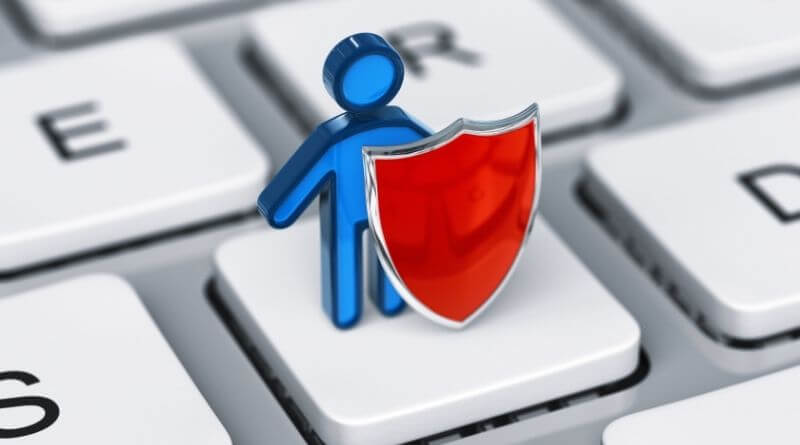It is very important to protect your online business to the best of your abilities. Cybercriminals are getting cleverer and cleverer every day, and there is no end to the lengths they will go to. Your own information, that of your business, your employees, and your customers, is of very high value to a cybercriminal and should be protected by all. However, there are ways in which you can protect all the data which you and your employees handle.
#1 Outsourcing your cybersecurity
Outsourcing your cybersecurity to a professional IT business is a very good starting point. A good IT business will offer you a backup disaster recovery service should anything go wrong. This includes scammers, hackers, power outage, as well as natural occurrences such as bad storms, as well as other problems which may occur.
By outsourcing your cybersecurity, you will also be protecting your business with sophisticated firewalls, powerful anti-malware programs, and multi-factor authentication. By having all this in place, you will be doing the best you can to keep your business, and all involved with it as safe as you possibly can.
#2 End user training (that’s you and your employees)
Make sure that all your employees use an individual login to access your business’ computer systems and that they are changed regularly.
Also, ensure that all customer and employee information is kept in a secure manner and that your employees must follow special security protocols to access. Another tip is to install building security, such as individual swipe cards or to passcodes. This will stop those who do not have authorization from gaining physical access to information on site.
Provide training to all of your employees about online security, not only for when they are working but to keep them in their private lives safe as well, and be sure to pass on important and relevant information to all your customers so that they can also keep themselves safe from cybercriminals.
#3 Change passwords regularly
Changing your passwords regularly and not using the same password across all of your protected areas is a must. Settling on a good strong password, but one that is easily remembered can be a little tricky. However, it can be made easier if you actively misspell or put typos into your rememberable words or sayings.
A good strong password should consist of the following; at least eight characters, but it can be as many as 30, it should contain at least one uppercase and one lowercase character, it should contain at least one numeric character and a special character such as a hyphen or question mark.
Also, take care when disposing of personal data, so shred all papers that contain personal information, such as names, addresses, or any personal codes like bank details or tax codes, so that no one can pretend that they are you.
Lastly, a few words about being careful when using social media
Do not put any personal data on your social media profile or on any posting. Cybercriminals can use these details to work out your passwords or gain access to areas of your life which you will not want them to.









